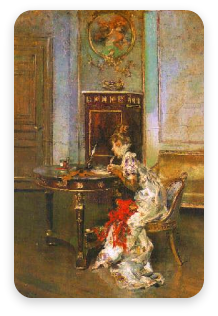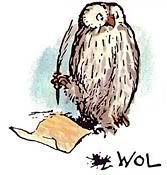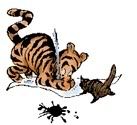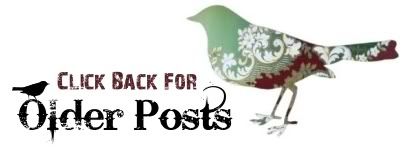First off, the margins on here are driving me mad! No matter what I do, it's a disaster. I think I'm going to have to completely recreate this entire blog with a different template.
When next you see this blog, and it's so topsy turvy that you think you've fallen down the rabbit hole... that's just me not knowing what I'm doing.


For a very long time I've been wanting to get my hands on a copy of "On Writing" by Stephen King. Today, there it was staring back at me from a teacher's bookshelf.
Below are a few excerpts which I found interesting:
“In my view, stories and novels consist of three parts: narration, which moves the story from point A to point B and finally to point Z; description, which creates a sensory reality for the reader; and dialogue, which brings characters to life through their speech.”
-----------------------------------
“You may wonder where plot is in all this. The answer—my answer, anyway—is nowhere. I won’t try to convince you that I’ve never plotted any more than I’d try to convince you that I’ve never told a lie, but I do both as infrequently as possible. I distrust plot for two reasons: first, because our lives are largely plotless, even when you add in all our reasonable precautions and careful planning; and second, because I believe plotting and the spontaneity of real creation aren’t compatible. It’s best that I be as clear about this as I can—I want you to understand that my basic belief about the making of stories is that they pretty much make themselves. The job of the writer is to give them a place to grow (and to transcribe them, of course). If you can see things this way (or at least try to), we can work together comfortably. If, on the other hand, you decide I’m crazy, that’s fine. You won’t be the first.”
-----------------------------------
“The scariest moment is always just before you start. After that, things can only get better.”
-----------------------------------
"Stories are found things, like fossils in the ground. . . . Stories aren’t souvenir tee-shirts or GameBoys. Stories are relics, part of an undiscovered pre-existing world. The writer's job is to use the tools in his or her toolbox to get as much of each one out of the ground in tact as possible.
Sometimes the fossil you uncover is small; a seashell. Sometimes it’s enormous, a Tyrannosaurus Rex with all those gigantic ribs and grinning teeth. Either way, short story or thousand-page whopper of a novel, the techniques of excavation remain basically the same.
No matter how good you are, no matter how much experience you have, it’s probably impossible to get the entire fossil out of the ground without a few breaks and losses. To get even most of it, the shovel must give way to more delicate tools: airhose, palm-pick, perhaps even a toothbrush. Plot is a far bigger tool, the writer’s jackhammer. you can liberate a fossil from hard ground with a jackhammer, no argument there, but you know as well as I do that the jackhammer is mechanical, anticreative. Plot is, I think, the good writer’s last resort and the dullard’s first choice. The story which results from it is apt to feel artifical and labored."
-----------------------------------
“Don’t wait for the muse. As I’ve said he’s a hard-headed guy who’s not susceptible to a lot of creative fluttering. This isn’t the Ouija board or the spirit-world we’re talking about here, but just another job like laying pipe or driving long-haul trucks. Your job is to make sure the muse knows where you’re going to be every day from nine ’til noon or seven ’til three. If he does know, I assure you that sooner or later he’ll start showing up, chomping his cigar and making his magic.”
































No comments:
Post a Comment